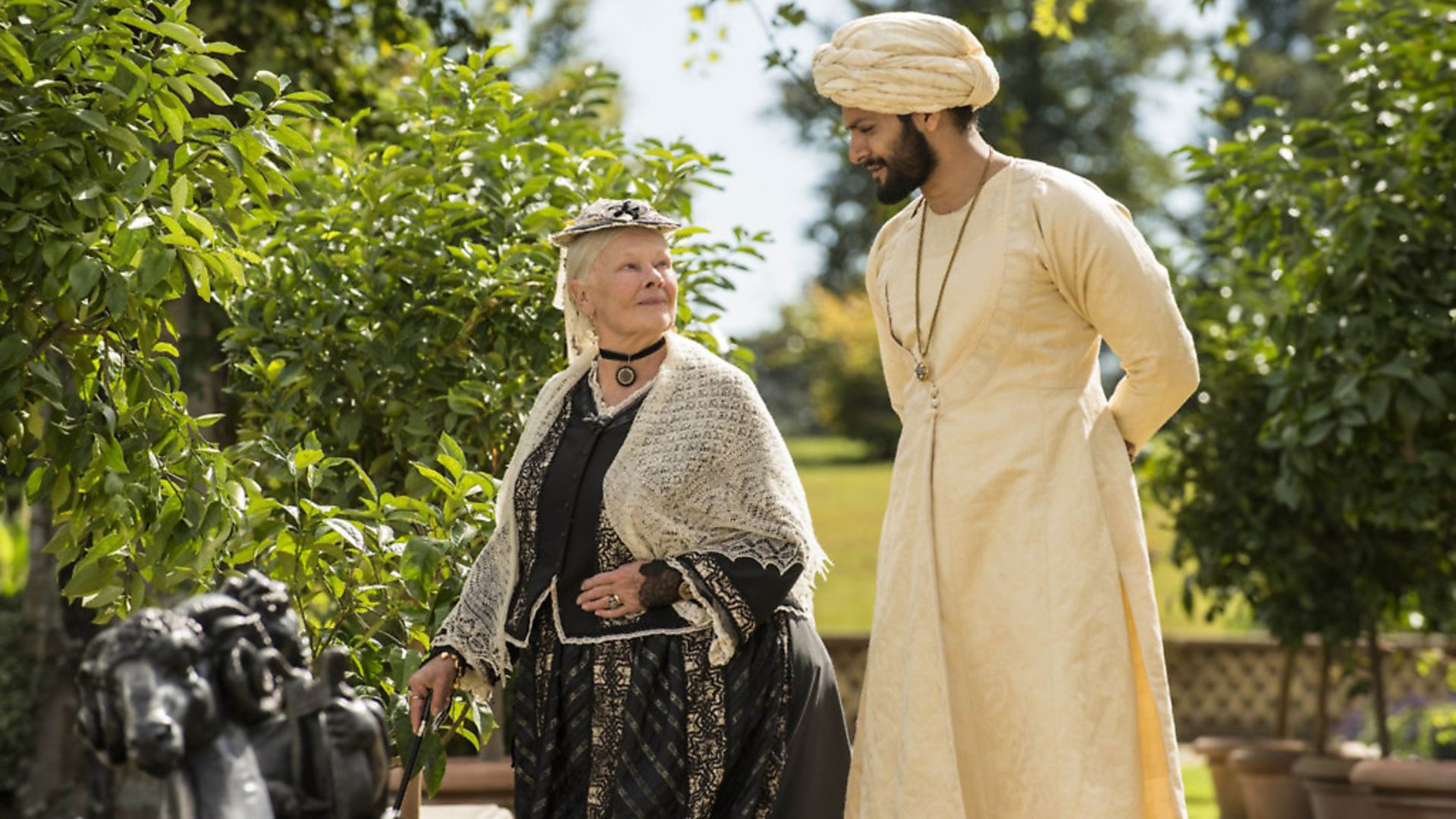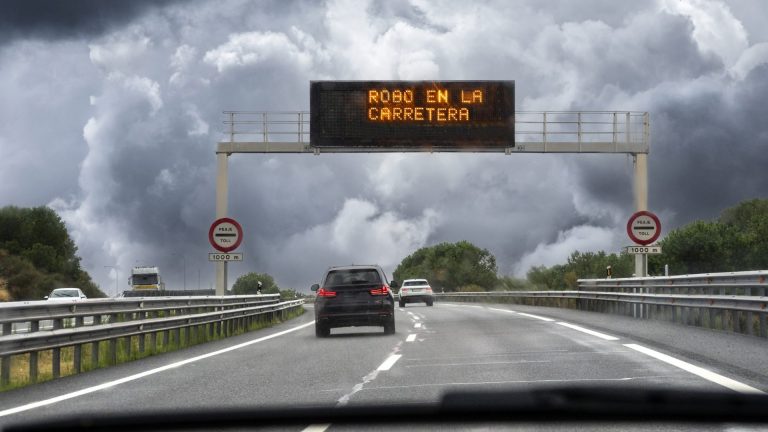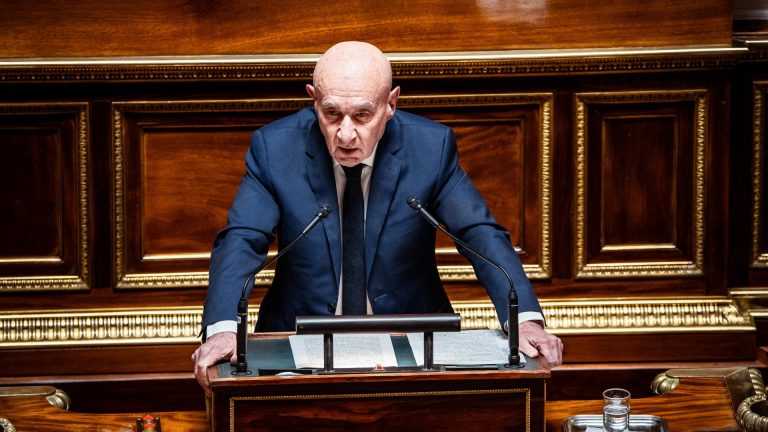
On television, on the big screen and in books, a mythologised view of Britain is becoming endemic, says PETER MILLAR.
This month marks the 75th anniversary of the turning point of the Second World War, without which the entire conflict might have ended differently. But if you take your news and history exclusively from British media, it is doubtful you have heard much – or anything – about it.
Ever since the 2016 referendum the British public has been bombarded with a barrage of what might be called ‘BrexLit’ books, films, and television feeding on an enduring national nostalgia disguised as patriotism.
This largely mythological version of the past is absurdly centred on ‘The War’, meaning 1939-45, ignoring all the others in which British forces have fought since, from Korea to the Falkands, Afghanistan and Iraq.
The past year saw the blockbuster movies The Darkest Hour, Dunkirk and Churchill, lionising the leader become legend, semi-deified by his appearance on the plastic £5 note, his heroic portrayal by big name actors Gary Oldman and Brian Cox lending their own magic to that already in the public mind.
Churchill’s earlier, less illustrious, career, the disastrous Gallipoli invasion, or even his responsibility for the 1943 Bengal famine have been largely forgotten. As the man himself said, ‘History will be kind to me because I intend to write it’. His script has been followed ever since.
Everywhere there is an emphasis on the two critical events in the British version of that war – the almost disastrous evacuation of the European mainland that succeeded more because of German inaction than the ‘plucky little boats’ and the hazardous, but eventually successful D-Day invasion five years later.
In comparison the real big event that decided the war, the one that made D-Day possible, was the Battle of Stalingrad, which in February 1943 saw the loss of the entire German Sixth Army and made necessary the wholesale transfer of troops from the Western to the Eastern front, leaving the Normandy beaches underdefended.
But that was the ‘Rooskies’, once again clad as an ideological enemy, despite the collapse of the Soviet Union nearly 20 years ago and Russia’s conversion to ruthless capitalism.
Britain’s attitude to history has become increasingly insular and self-reverential, cultivating nostalgia for ‘good old days’ that were actually bad old day. It is an attitude that not only feeds on the concept of ‘my country right or wrong’ but the belief which goes with it, that ‘my country cannot be wrong’, an ideology that proved fatal to Germany in the 1930s and 40s.
In Britain today we hear the phrases ‘Enemies of the People’, ‘Will of the People’, even merely ‘the British People, with little or no referral back to how they sounded in another language more than 80 years ago: Volksfeinde, Willen des Volkes, das deutsche Volk. ‘It’s okay, we’re British.’
And it is far from just the big screen that has proselytised the myth of British exceptionalism. Since the Brexit vote we have also had the supposedly neutral BBC give us the television mini series Close to the Enemy, in which a British agent convinces a German scientist to ‘see the light’.
More significantly still was the serialisation SS-GB, about a fictional Nazi-run Britain, from Len Deighton’s novel, written in 1978, but only adapted for television coincidentally in 2017, and extensively lauded by the pro-Brexit Daily Telegraph.
There are claims, with varying degrees of accuracy, that most of these were planned before the Brexit vote.
Nigel Farage claimed the Dunkirk movie justified Brexit and urged ‘every youngster’ to see it. Private Eye fought back with a ‘Dunkirk Spirit 2017’ cover and the line: ‘It’s harder to leave Europe than we thought’
Meanwhile the myths of what the more cynical types in the Foreign Office have dubbed ‘Empire 2.0’ were also echoed in 2017, arguably the worst of times in British history redressed as the best of times, a fictionalisation of the days when the world map was largely pink.
That was the nostalgic vision of ‘an empire seven times the size of the Roman empire at its peak’ evoked by Boris Johnson at first Tory party conference after the Brexit vote to a resounding cheer, even if he was forced to add ‘those days are gone forever’. There are clearly more than a few who regret it.
On the big screen 2017 gave us Victoria and Abdul, a semi-comic patronising account of the Queen-Empress’ kindness to her Indian Muslim servant, while The Viceroy’s House was a symbolic love story set against the trauma of partition, Lord Mountbatten shown as a heroic figure betrayed by his own advisers. In both cases British ‘national treasures’ were cast in the leading roles: Judi Dench as Victoria, and Hugh Bonneville as Mountbatten.
Print has echoed the trend. James MacManus, managing director of the Times Literary Supplement, produced two wartime romantic novels to straddle the Brexit vote with images of brave British struggle in adversity, and a third is up and coming.
Even science fiction and fantasy have joined in. Dave Hutchinson’s Fractured Europe series began before Brexit but has evolved to present a ‘global Britain’, created out of fantasy maps become fact, on the brink of war with the ‘real’ world in which the EU has fallen apart.
Perhaps the most bizarre, just landed on my review desk, is That Old Black Magic by Cathi Unsworth, beloved of the Daily Mail: yet another Second World War yarn but one in which MI5 capture a German spy who reveals that the Nazis are using a coven of witches to ‘wreak mayhem’ on beleaguered Britain.
It has taken arguably Britain’s best novelist of the last half century, John le Carré, to counter the trend in A Legacy of Spies when his great anti-hero, George Smiley, is tracked down in a library in Freiburg, Germany.
Musing over the amorality and duplicity of the Cold War, Smiley says, ‘Was it all for England, then?… whose England? Which England? England all alone, a citizen of nowhere? I’m a European.’ His one mission, his perhaps ‘unattainable ideal’ was ‘leading Europe out of her darkness towards a new age of reason.’
We can live in hope.
• Peter Millar is a journalist and author of The Germans and Europe, a Personal Frontline History (Arcadia Books 2017)






